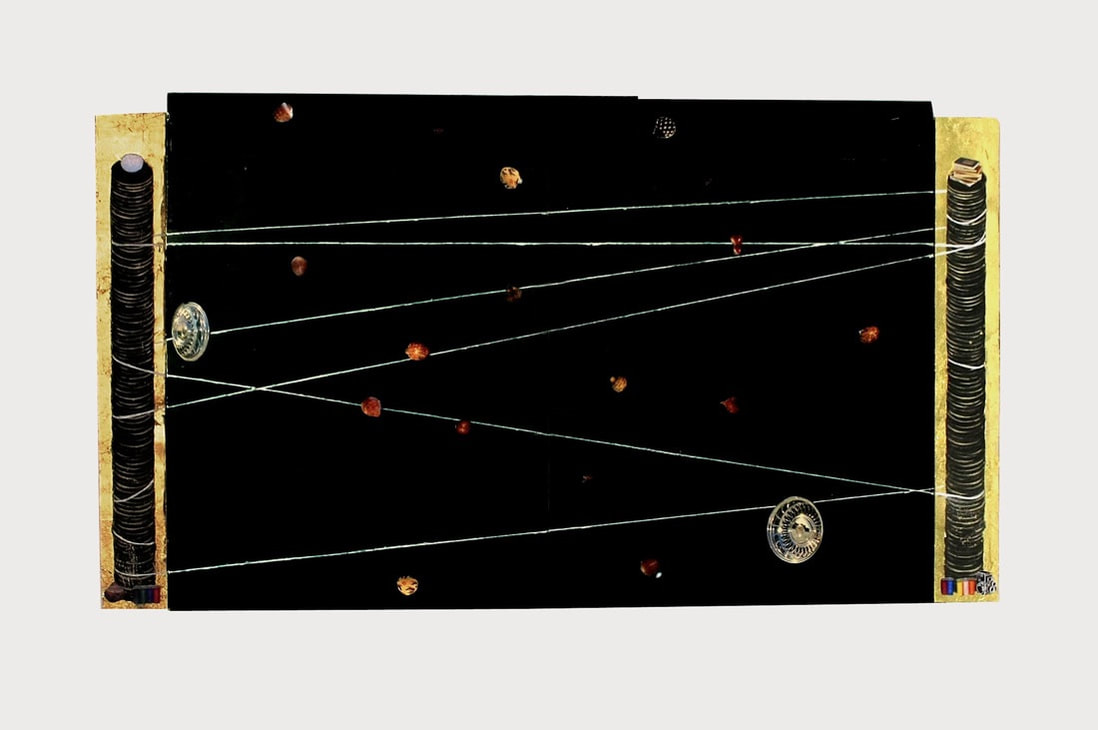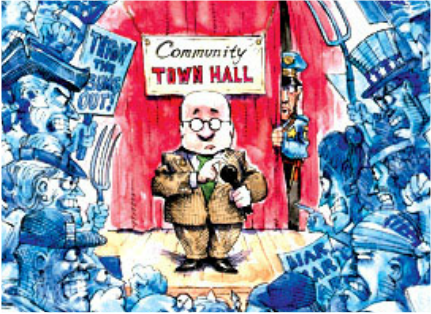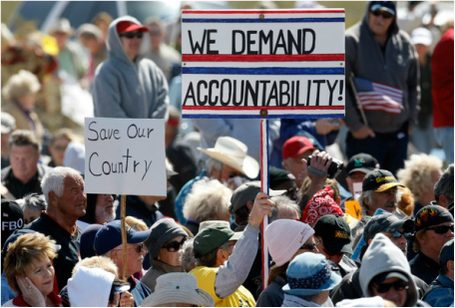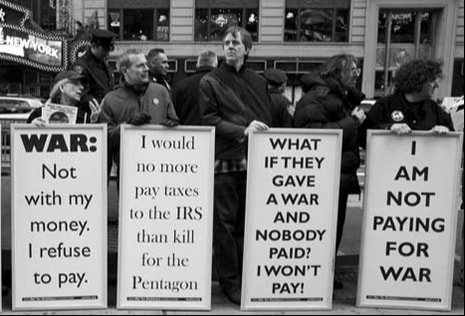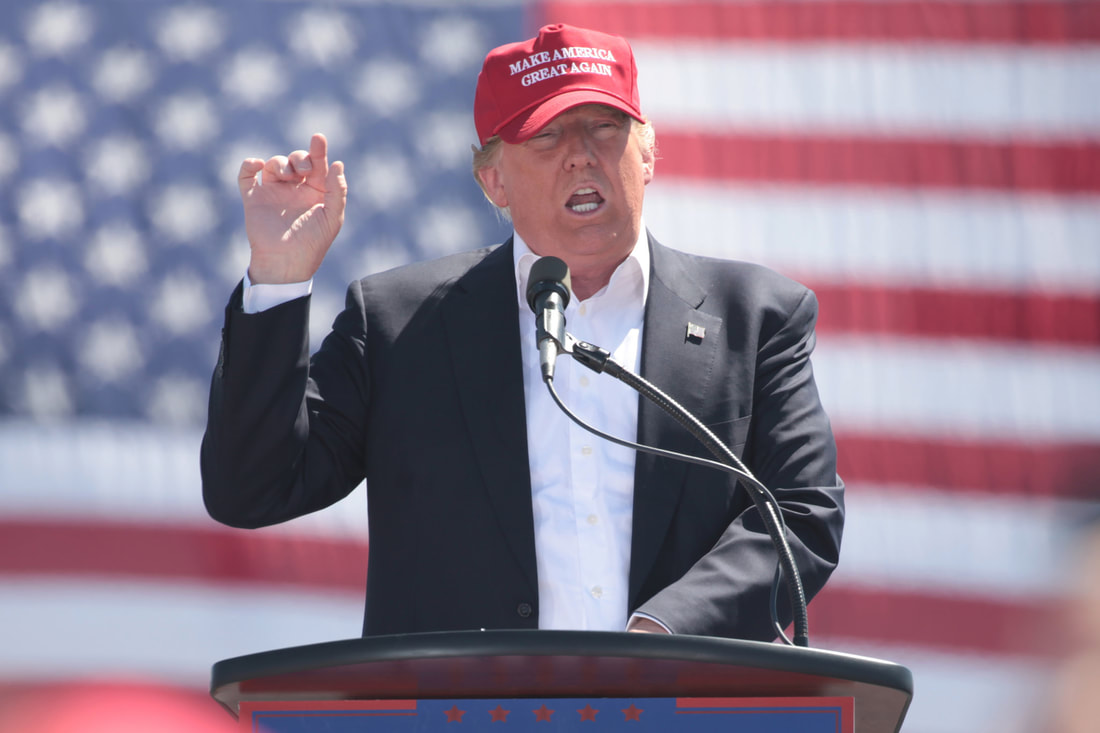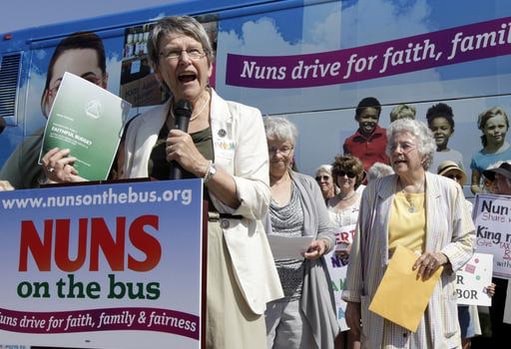American religion, humility and democracyStrong convictions drive participation in democratic public life. Yet participants must also be willing to listen to and learn from people with whom they disagree. The presumption that it is difficult for individuals to act with conviction and humility simultaneously, particularly when convictions are religious in nature, has led to concern about the role of religion in democratic public life. This project, launched with an interdisciplinary conference and continued through an essay series at The Immanent Frame and a special volume of Political Power and Social Theory, asks whether religious conviction and humility are actually at odds with one another, and what the study of religious groups can tell us more generally about the possibility of communicating across social and political differences in an era of heightened polarization.
the politics of (in)civilityThis article calls for greater attention to civility contests, in which people demarcate civility from incivility and assign individuals, groups and behaviors to these categories. Through a focus on the realm of political protest in the U.S., it reveals how institutionalized power holders, opposing social movements, and the media engage in civility contests in order to justify the control or (de)legitimation of protest, and highlights patterned social disparities in the outcomes of these contests.
faith in democracy across the political divideBased on ethnographic fieldwork in a local Tea Party group and a progressive faith-based community organization, this project offers an in-depth portrait of grassroots organizing and active citizenship across the political divide. A book based on this research, entitled Prophets and Patriots: Faith in Democracy Across the Political Divide, was recently published by the University of California Press. In addition, selected findings are reported in the American Sociological Review, Contexts, Qualitative Sociology and Understanding the Tea Party Movement.
|
the moral meaning of taxesThis book project explores how religious individuals and groups across the political divide have engaged in tax-related protest throughout the country’s history. Specifically, it involves four in-depth cases based on archival research, interviews, and ethnographic observation: war tax resisters, right-wing tax protesters, conservative “taxpayers” groups, and liberal religious organizations making the case that "budgets are moral documents” that should reflect “we the taxpayers'” collective moral values. Despite their profound differences, juxtaposing these four cases side-by-side reveals the deep moral salience of taxation and often unrecognized connections between taxpaying and contested visions of good citizenship and political community within the American system.
religion and the 2016 electionA series of articles analyzes the role of religion in the 2016 election, including one in the American Journal of Cultural Sociology showing that Muslims were framed by GOP candidates as "outsiders, enemies and others" and a second exploring the role of progressive religious groups as carriers of an alternative to Trump's "MAGA" narrative.
religion and progressive politicsThis line of research investigates the ways in which progressive religious leaders and communities inject their voices and values into public debates in the US, with an emphasis on national policy debates. A co-edited book on this subject, Religion and Progressive Activism: New Stories About Faith and Politics, was recently published by NYU Press. In addition, findings are reported in the American Sociological Review, the Journal for the Scientific Study of Religion, and other outlets.
|
